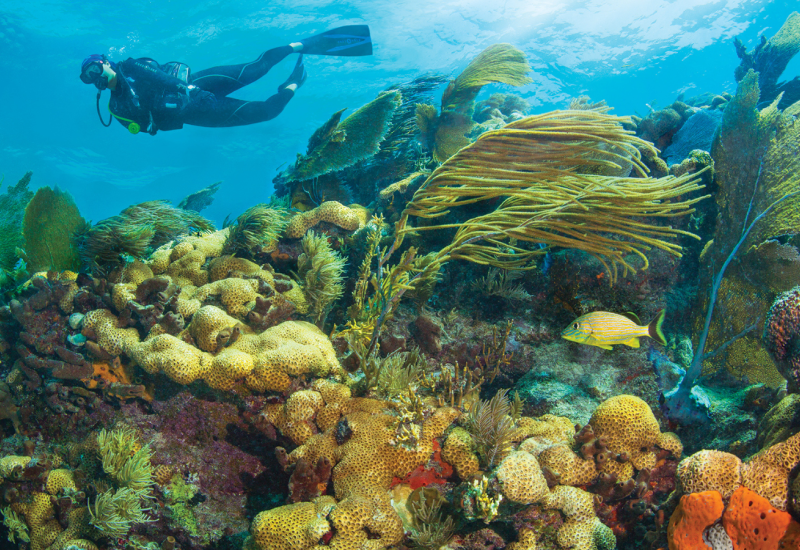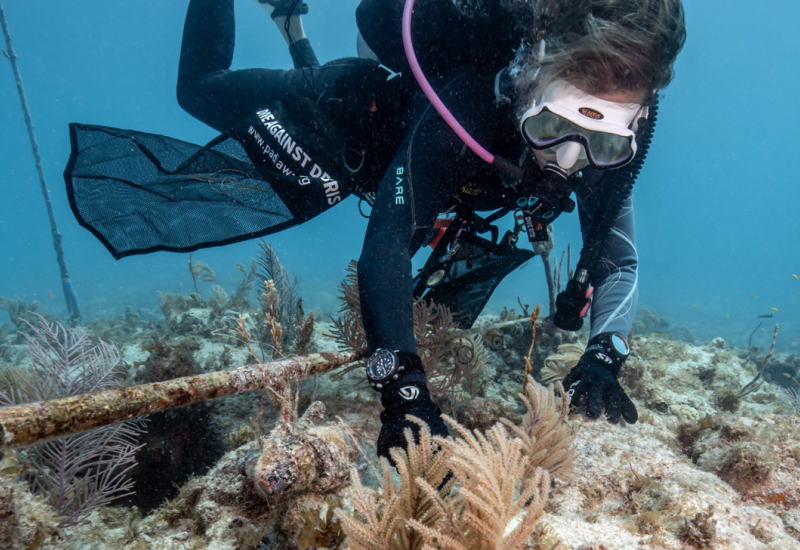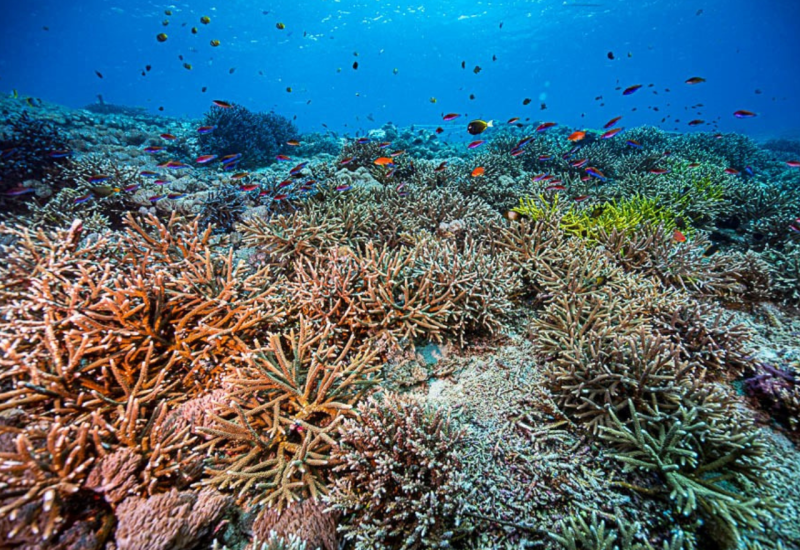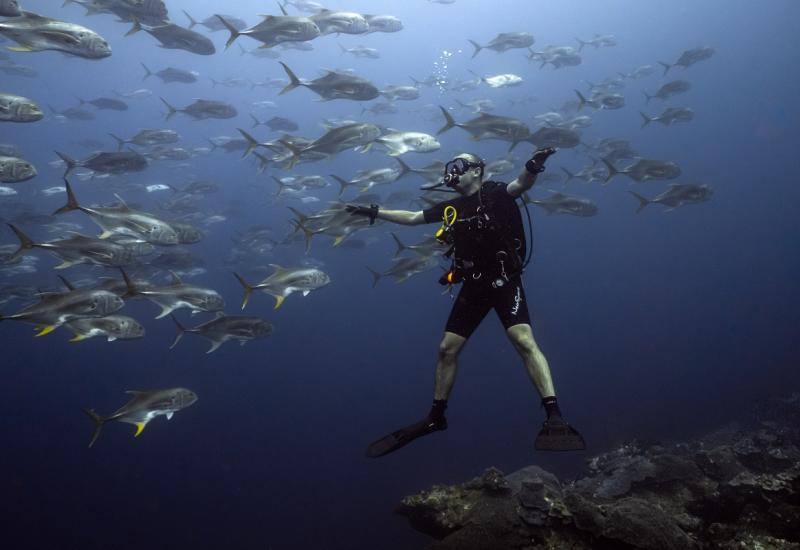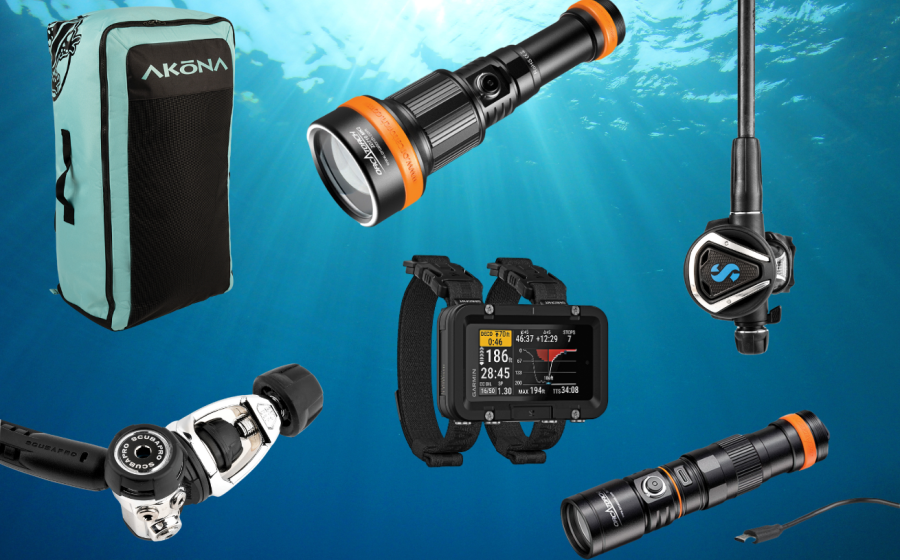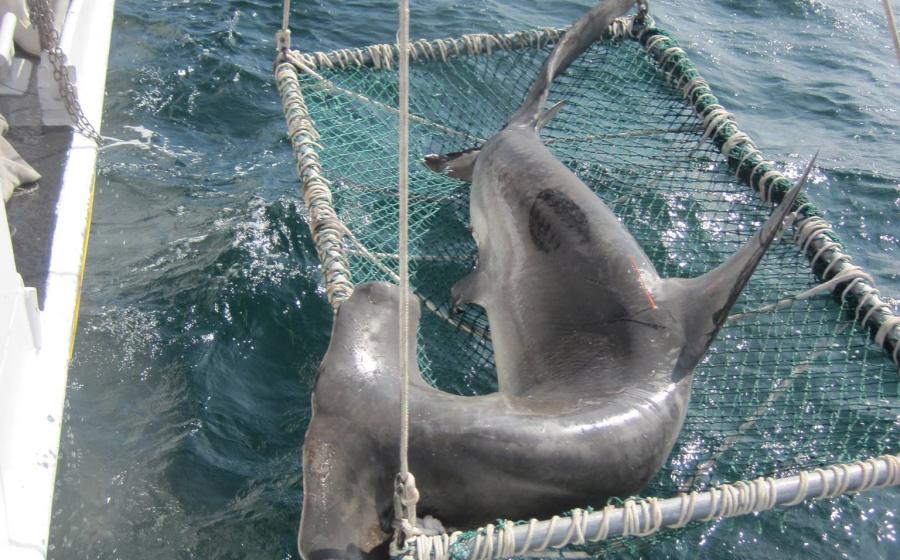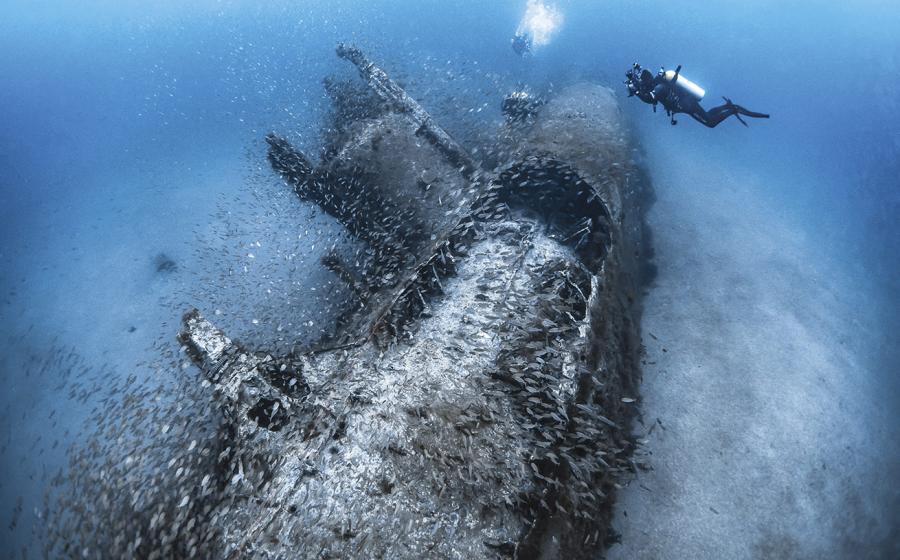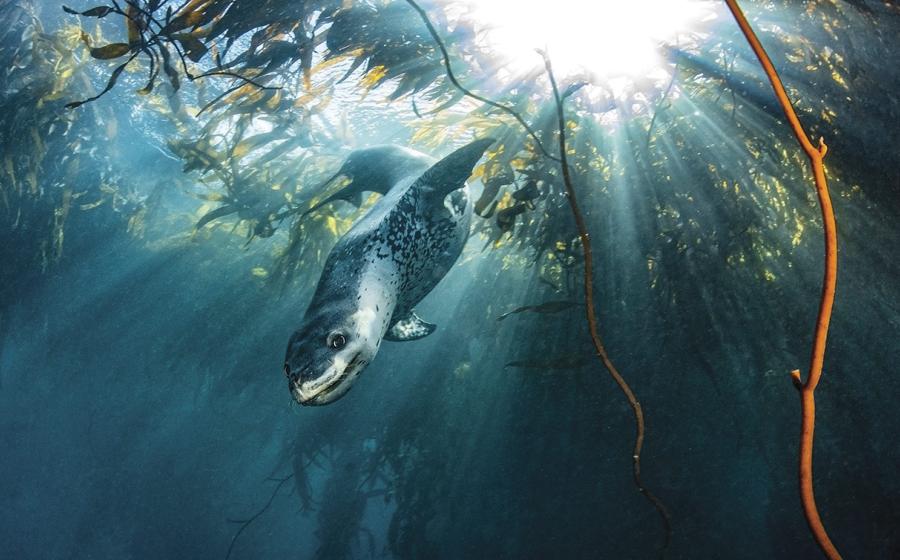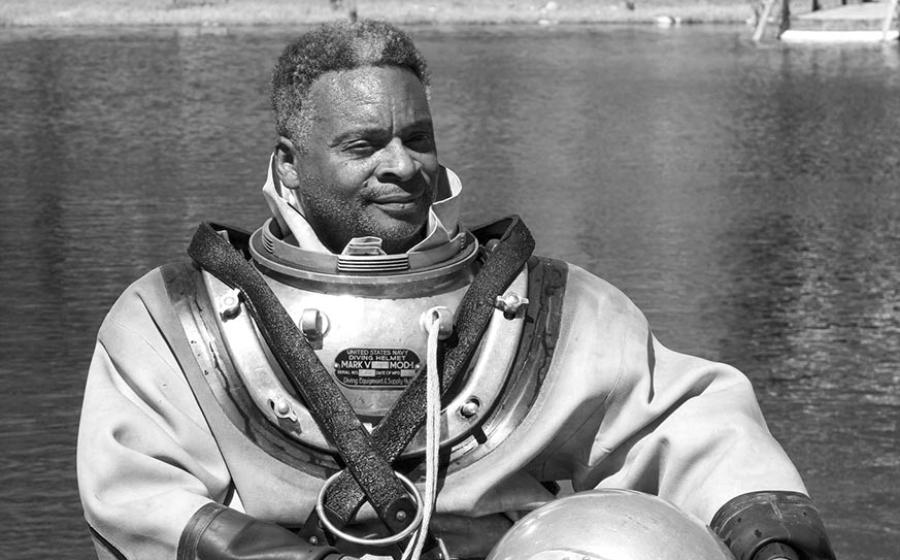Study Finds 97 Percent of UK MPAs Subjected to Bottom Trawling
Almost all of the U.K.’s marine protected areas are impacted by destructive dredging and bottom trawling, according to an Oceana analysis of Global Fishing Watch data.
The conservation NGO’s analysis, first reported on by The Guardian, shows vessels from the U.K., other EU countries and Russia used dredging and bottom trawling in 71 of the U.K.’s 73 offshore MPAs in 2019, destroying protected seabeds. It estimated the vessels spent about 200,000 total hours doing so last year.
Almost a quarter of the U.K.’s marine territory is designated as an MPAs. The government has a stated goal of protecting 30 percent of its territorial waters by 2030, but has not yet specified how it intends to honor the commitment.
Oceana’s analysis implies current protections may be more paper parks then robust defenses. As highlighted the The Guardian’s initial coverage, the Oceana report come after a recent Greenpeace report that noted an increase in foreign “supertrawlers” in U.K. MPAs. This has sparked accusations of governmental greenwashing, or misleading the public into believing federal parks are more effective than they actually are.
The government has cited EU’s Common Fisheries Policy as a blockade to imposing stricter limits. When the Brexit transition period ends January 1, 2021, the U.K. may have more freedom to implement independent regulations.
Conservation organizations such as the Blue Marine Foundation and WWF are calling for increased protections.
“If the government really wants to take back control of our waters, as they repeatedly claim, they should make a policy announcement today that they’ll halt bottom-towed fishing gear by foreign and U.K. vessels in all marine protected areas,” Melissa Moore, Oceana’s U.K. senior policy advisor, tells The Guardian. “We don’t want more trials, or other measures that merely rearrange the deckchairs, we’re in an ecological emergency and need action now.”
“We are putting sustainable fishing and the protection of our seas at the heart of our future fishing strategy,” said a spokesperson from the U.K.’s Department for Environment, Food and Rural Affairs in response to Oceana’s findings. “We have already set up a ‘blue belt’ of protected waters nearly twice the size of England and the fisheries bill proposes new powers to better manage and control our marine protected areas.”

